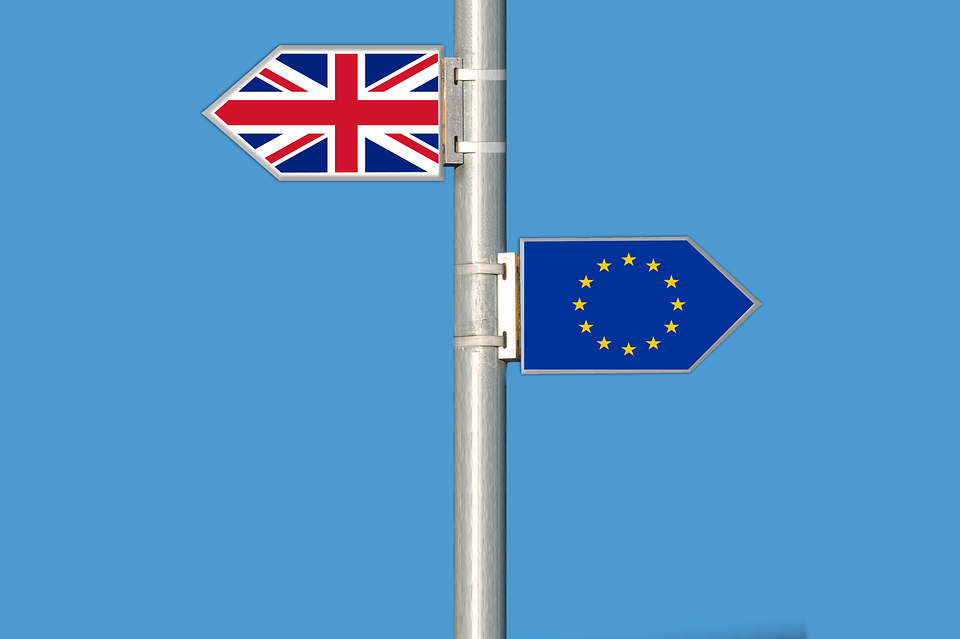What do Brexit and Covid-19 have in common? They’ve each cost the UK at least £250bn so far, new research out this week suggests – adding that long-term, Brexit is set to prove the more expensive.
Parcel delivery comparison website ParcelHero this week analysed Government figures and publicly-available third-party economic assessments and forecasts to arrive at the totals.
ParcelHero head of consumer research David Jinks says: “British businesses have had a torrid few years. The impact of either Covid-19 or Brexit would have been bad enough; together they have proved disastrous. But which has been the heavier burden for them to bear? The shocking answer is that the entirely avoidable Brexit crisis has had as much of an impact on UK businesses as the unforeseeable Covid-19 tragedy, and its costs are still rising.”
ParcelHero’s calculations start with the cost of Covid-19, citing research from the Centre for Economics and Business Research which put the total for Covid-19 lockdowns at £251bn. It found that the value of goods and services produced by the economy was more than £250bn lower than it would have been, as represented by the GVA (gross value added) of the economy – the value of goods and services delivered minus the costs of producing them.
To find out more about how we can assist you with your Second Charge Mortgage please click here
Within that, business insurer Simply Business found that Covid-19 cost small businesses £126.6bn, and in November 2021, a Government report suggested that the UK government had set aside almost £365bn in announced budgetary measures in its response to Covid .
The Brexit column of the calculation starts with a 2020 Bloomberg Economics report that suggests the economic cost of Brexit would have top £200bn in lost revenues to UK companies, before it even happened, with the British economy by then 3% smaller than it otherwise would have been.
In August 2020, an Institute for Government suggested in August 2020 that the UK government expected to have spent £8.1bn on preparing for Brexit by the end of the transition period, which ended in January 2020. That included £4.4bn that the National Audit Office suggested had already been spent by January 31 2020.
And in November 2021, a report from the UK Trade Policy Observatory suggested that falling trade had cost UK businesses a further £43.5bn – divided between £32.5bn in imports and £11bn in exports.
Jinks says the two sums mean “the combined costs of Brexit and of the pandemic both equal around £250bn. However, in the long term, Brexit could end up costing even more than Covid-19.”
He points to comments by Thomas Sampson, associate professor at the London School of Economics, who predicted in an August 2020 blogpost that, “When measured in terms of their impact on the present value of UK GDP, the Brexit shock is forecast to be two to three times greater than the impact of COVID-19.”
And he cites forecasts from the Office for Budget Responsibility (OBR) last October that suggested leaving the EU would “reduce our long run GDP by around 4%.” That adds to a 2% hit from the pandemic.
The Government Business Insights report of January 13 2022 estimated that 66% of UK businesses experienced challenges with exporting and 79% with importing in December 2021, with 33.7% of transport and logistics companies closing, permanently (2.7%), temporarily (11.8%) or partially (19.3%).
By Chloe Rigby
Source: Internet Retailing
Discover our Second Charge Mortgage Broker services.








